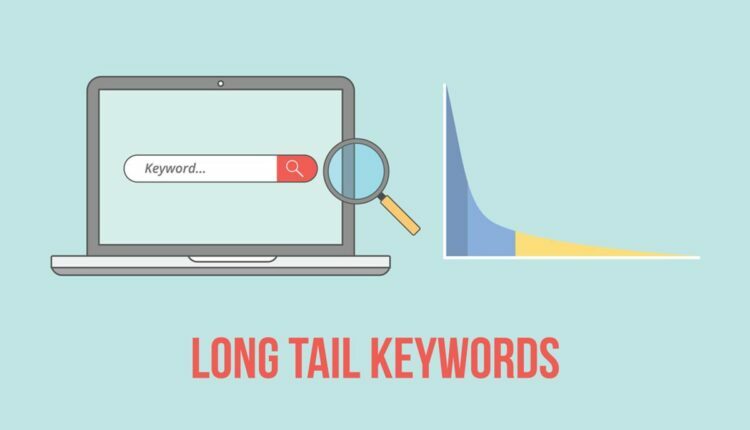Do Long Tail Keywords Have a Place in PPC Campaigns?
Keywords are the foundation of search engine optimization (SEO). Not only that, but they are also applicable across nearly every SEO strategy. This includes pay-per-click (PPC) advertising. That being the case, how well do long-tail keywords work in PPC ad campaigns? Do they have a place in PPC advertising?
The very nature of long-tail keywords dictates that they bring an extra something to the table, which is impossible to achieve with single keywords. As it turns out, long-tail keywords bring a lot to the table. They can make a difference in any PPC ad campaign.
Long Tail Keywords Defined
For starters, it is helpful to define long-tail keywords. For that, we turn to Salt Lake City-based Webtek Digital Marketing, a full-service digital marketing firm offering a complete menu that includes PPC services. According to Webtek, long-tail keywords are keywords made up of multiple words that can be entered as short phrases, sentences, or even questions. Here is an example:
- ‘Sneakers’ is a short tail, generic (or brand) keyword
- ‘Converse high top sneakers is a long-tail keyword.
You should notice a couple of things with this comparison. First is the actual length of the two types of keywords. This is important because long tail keywords generate statistically more impressions. Moreover, long-tail keywords consisting of five words or more generate a lot of traffic.
The second thing to notice is specificity. In this particular example, the user is interested in high top sneakers made by Converse. The nature of long-tail keywords tends to make them more specific. This is ideal in a PPC advertising scenario.
Long Tail Keywords and Cost
Long tail keywords have a place in PPC advertising simply because they generate more impressions. But here is an added bonus: they tend to cost less. That is a double whammy. You get more impressions at a cheaper price, stretching your advertising dollars further. The question is why they cost less.
The answer is in volume. The more words you add to a long tail phrase, the fewer competitors you have trying to utilize that same phrase. It is a matter of attrition. So it’s entirely possible to come up with effective long tail keywords that no one else is competing for. When that’s the case, you pay less per click by virtue of bidding less.
Better Click-Through Rates
The more specific nature of long tail keywords tends to lead to better click-through rates. Step back and think about this for just one minute. If you run a search on the word ‘sneakers’, you are going to come up with millions of results. At least a good portion of the results on the first page will not interest you.
Change your search to ‘high-top sneakers’, and you’ll get fewer results and more relevance on the first page. Now change your search to ‘red high-top sneakers from converse’ and nearly all the results on the first page will relate specifically to that product. It is almost guaranteed that you will click through one result. You might even click through three or four.
Long Tail Is the Way to Go
There was some debate over the effectiveness of long tail keywords when they were first proposed years ago. But that debate is over. The long tail is the way to go on a modern web that is increasingly more cluttered. Long tail keywords are especially helpful in PPC advertising because they maximize advertising spending, improve search results, and generate higher click through rates. That is exactly what you want from PPC.
Read Also: Easy & Efficient Ways To Revamp Your Office Space


